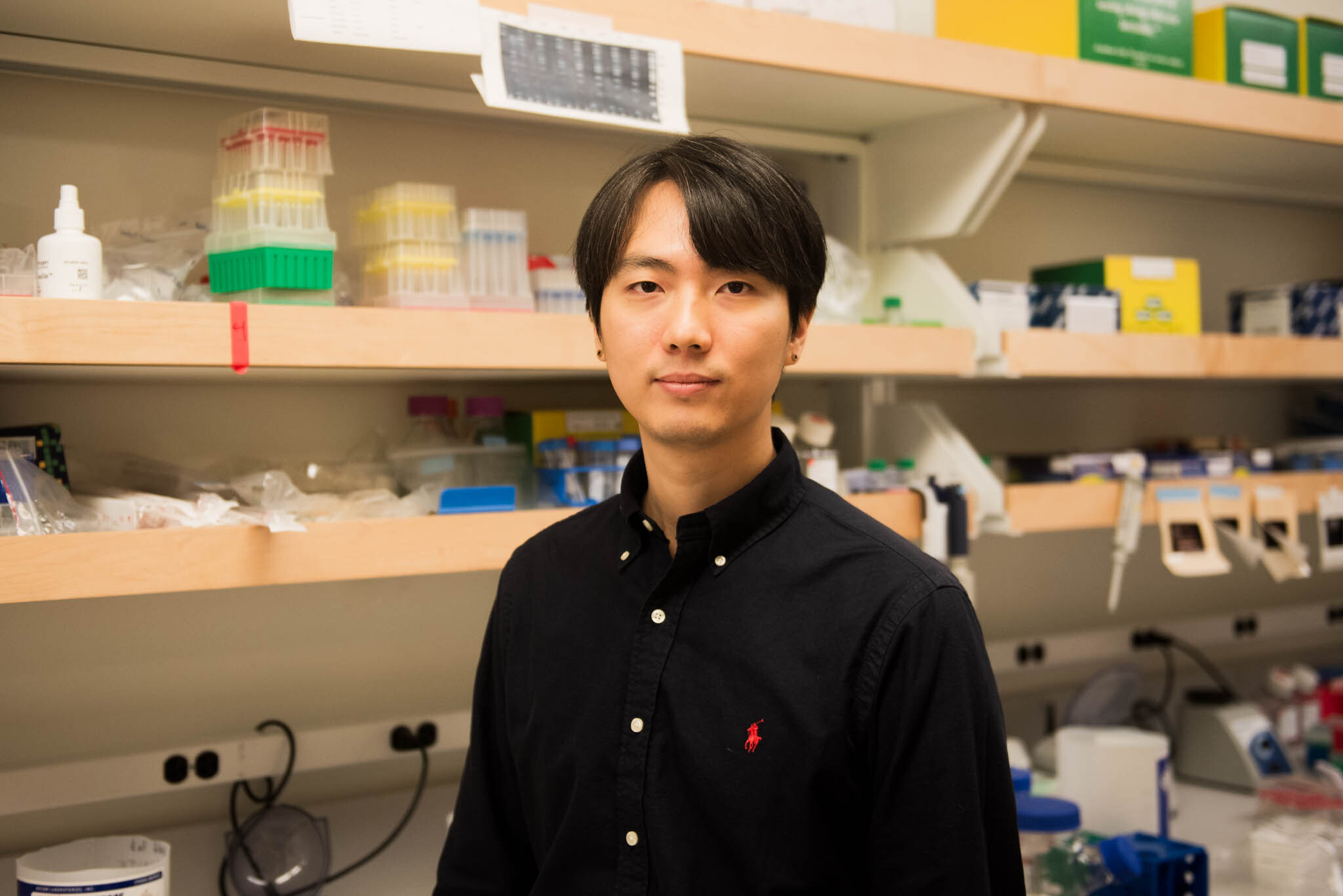Marco A. Catipovic, PhD

Dr. Catipovic focuses on the mechanisms governing the resolution of errors that arise during RNA translation in mammals. Ribosomes translating the same message can collide if they are damaged or encounter blockages much like cars involved in a traffic accident. While cells can tolerate small numbers of these incidents, pervasive collisions overwhelm the cell and force it to make crucial decisions regarding long-term viability. Dr. Catipovic investigates the biochemical mechanisms governing this determination. He uses reconstituted translation systems, consisting of purified translation factors in vitro, as a tool to study the signaling pathways initiated by ribosomal collisions that effect the life-death decisions of severely stressed cells. Perturbation of these pathways can cause premature cell death or unregulated cellular proliferation, which is found in almost all cancers.
Lauren E. Cote, PhD

Dr. Cote is exploring embryonic development to better understand how cells cooperate and build complex tissues. Since cancer cells often erroneously redeploy developmental programs and behaviors, her research into how neighboring cells align will yield insights into how cancerous cells metastasize and invade other tissues. Dr. Cote is combining tissue-specific genetic manipulations and laser cell ablations with live imaging during Caenorhabditis elegans digestive tract development to reveal how intracellular organization in one cell type can influence the alignment, polarity, and function of cells in the neighboring tissues.
Junhong Choi, PhD

Dr. Choi develops a technology called “Molecular recording”, which allows the recording of cellular events and their lineage information into each cell’s genome. These innovative tools are critical for understanding the development of individual cells, both in normal developmental processes and in diseases like cancer. Recently, Dr. Choi has successfully demonstrated this technology by engineering human cancer cells to record their lineage or signaling events in a culture dish (“in vitro”) using CRISPR-based genome editing methods. Moving forward, Dr. Choi plans to further develop these methods to study cancer development. The goal is to uncover how specific characteristics of cancer cells emerge, ultimately identifying new targets for treatment.
